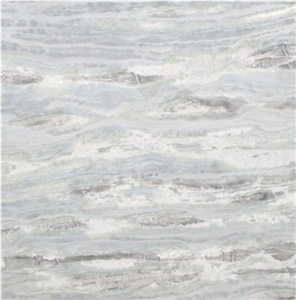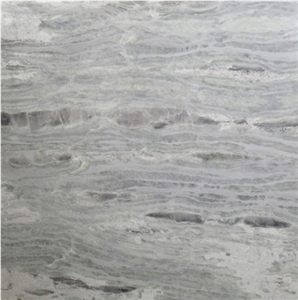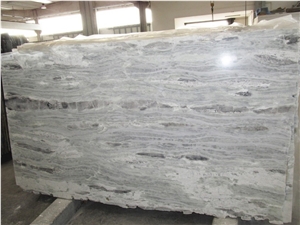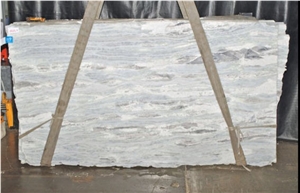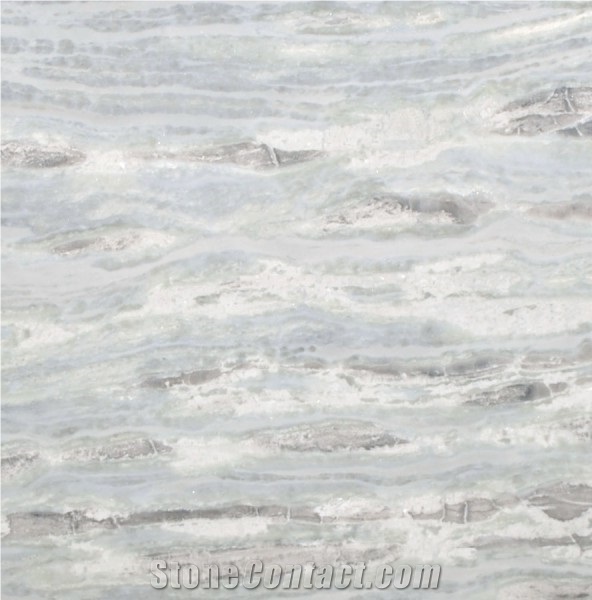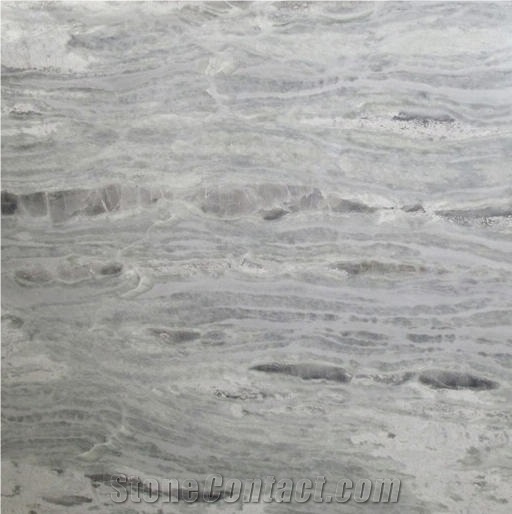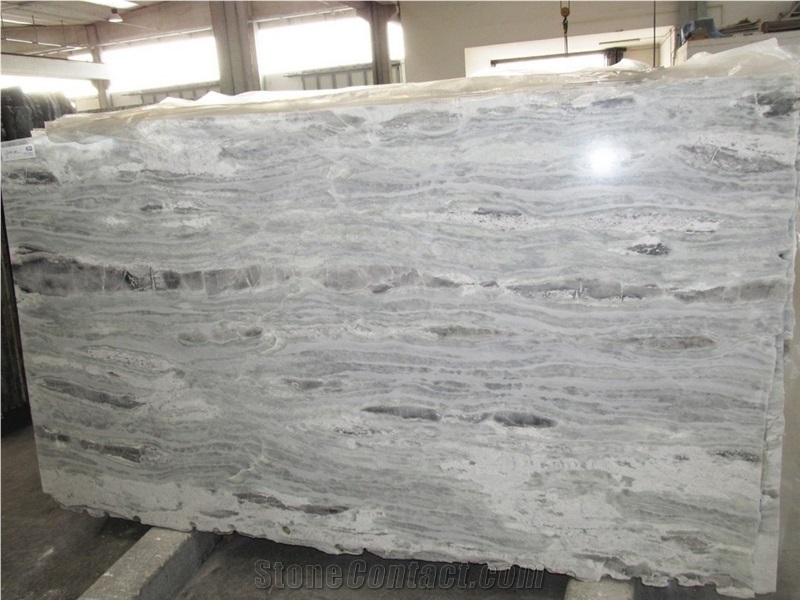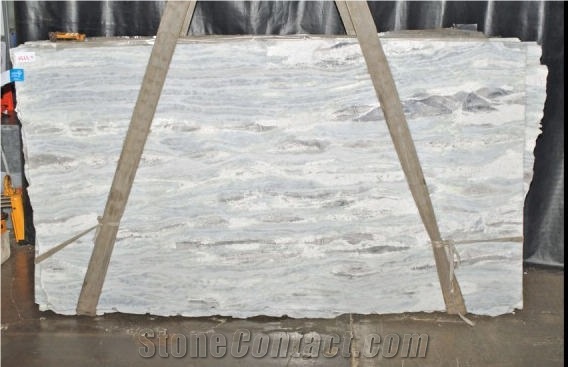What is the difference between granite and labradorite?
Granite and labradorite are both types of rocks, but they have some key differences in terms of composition, appearance, and properties.
Composition:
- Granite: Granite is an igneous rock primarily composed of quartz, feldspar, and mica. It may also contain other minerals such as amphibole, pyroxene, or biotite. The specific mineral composition can vary, resulting in different colors and patterns.
- Labradorite: Labradorite is a type of feldspar mineral belonging to the plagioclase series. It is composed of a specific combination of albite and anorthite molecules. Labradorite often exhibits iridescent color play due to its unique internal structure.
Appearance:
- Granite: Granite typically has a mottled or speckled appearance with grains or crystals of various sizes. Its color can vary widely, depending on the minerals present, and commonly includes shades of gray, white, black, pink, or brown.
- Labradorite: Labradorite is known for its distinct and vibrant iridescent colors, often displaying flashes of blue, green, yellow, or even orange when viewed from different angles. The base color of labradorite can range from dark gray to black.
Properties:
- Granite: Granite is a hard, durable, and dense rock, making it suitable for various applications such as countertops, flooring, and building facades. It is heat-resistant, scratch-resistant, and less prone to staining when sealed properly.
- Labradorite: Labradorite is a relatively softer mineral compared to granite and is not typically used as a construction material. Its iridescent play-of-color is highly valued in jewelry and decorative items. Labradorite is known for its unique optical properties, called labradorescence or schiller effect, where light is refracted within the stones structure, producing flashes of different colors.
In summary, granite is a type of rock composed mainly of quartz, feldspar, and mica, while labradorite is a specific type of plagioclase feldspar mineral known for its iridescent color play. Granite is used extensively in construction due to its durability, while labradorite is prized for its optical properties and is commonly used in jewelry and decorative items.
Granite and labradorite are both types of rocks, but they have some key differences in terms of composition, appearance, and properties.
Composition:
- Granite: Granite is an igneous rock primarily composed of quartz, feldspar, and mica. It may also contain other minerals such as amphibole, pyroxene, or biotite. The specific mineral composition can vary, resulting in different colors and patterns.
- Labradorite: Labradorite is a type of feldspar mineral belonging to the plagioclase series. It is composed of a specific combination of albite and anorthite molecules. Labradorite often exhibits iridescent color play due to its unique internal structure.
Appearance:
- Granite: Granite typically has a mottled or speckled appearance with grains or crystals of various sizes. Its color can vary widely, depending on the minerals present, and commonly includes shades of gray, white, black, pink, or brown.
- Labradorite: Labradorite is known for its distinct and vibrant iridescent colors, often displaying flashes of blue, green, yellow, or even orange when viewed from different angles. The base color of labradorite can range from dark gray to black.
Properties:
- Granite: Granite is a hard, durable, and dense rock, making it suitable for various applications such as countertops, flooring, and building facades. It is heat-resistant, scratch-resistant, and less prone to staining when sealed properly.
- Labradorite: Labradorite is a relatively softer mineral compared to granite and is not typically used as a construction material. Its iridescent play-of-color is highly valued in jewelry and decorative items. Labradorite is known for its unique optical properties, called labradorescence or schiller effect, where light is refracted within the stones structure, producing flashes of different colors.
In summary, granite is a type of rock composed mainly of quartz, feldspar, and mica, while labradorite is a specific type of plagioclase feldspar mineral known for its iridescent color play. Granite is used extensively in construction due to its durability, while labradorite is prized for its optical properties and is commonly used in jewelry and decorative items.
 Brazil
Brazil
















